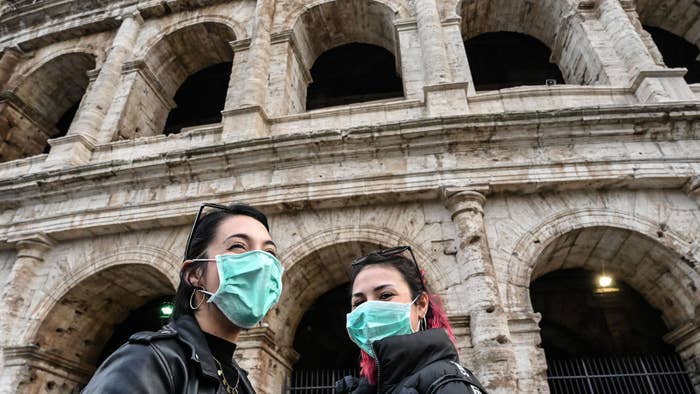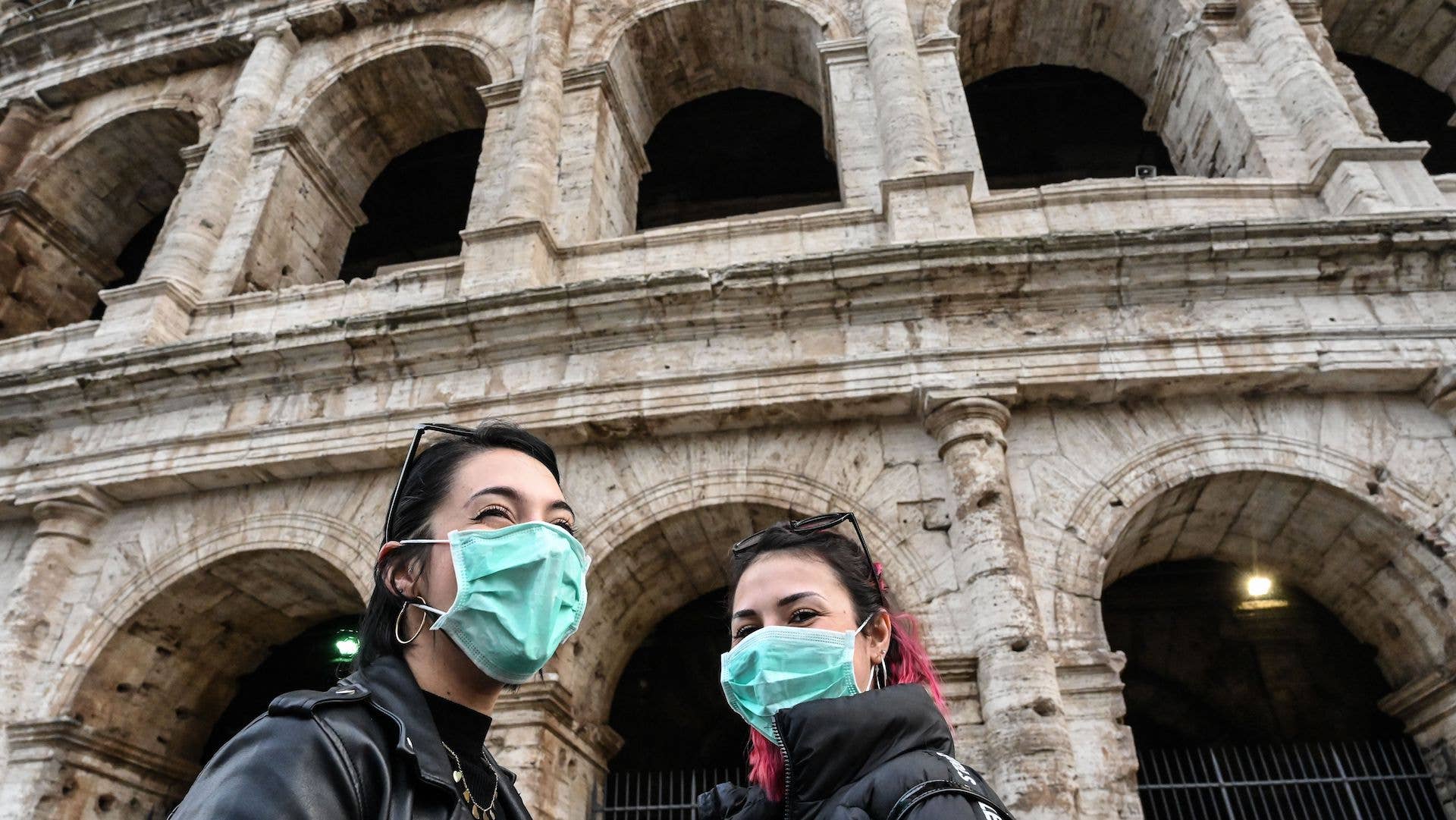
Those with underlying medical conditions are at a higher risk of being infected by coronavirus. Now, research shows that another group of people who could also be vulnerable are those who smoke, vape, or have substance abuse issues.
“[T]he research community should be alert to the possibility that [Covid-19] could hit some populations with substance use disorders particularly hard,” Dr. Nora Volkow, director of the National Institute on Drug Abuse, wrote in a blog post last week.
Since coronavirus is a respiratory illness, people who smoke tobacco or weed, or vape could be particularly exposed.
“When someone's lungs are exposed to flu or other infections the adverse effects of smoking or vaping are much more serious than among people who do not smoke or vape,” Stanton Glantz, professor of medicine and director of the Center for Tobacco Research Control & Education at University of California, San Francisco, also wrote in a blog post.
Glantz told CNN, “Vaping affects your lungs at every level. It affects the immune function in your nasal cavity by affecting cilia which push foreign things out...[T]he ability of your upper airways to clear viruses is compromised.”
On Wednesday, the CDC announced that a sizable part of coronavirus hospitalizations are young people under 44 in the US. Glantz wonders if vaping is directly linked to this. “Some of my pulmonary [colleagues] have noted people under 30 [with Covid-19] ending up in hospitals and a couple were vapors,” he said. Yet, he doesn’t think there’s adequate research or evidence to prove the connection.
People who smoke are usually at a higher risk of complications, particularly in regards to respiratory illnesses. Coronavirus is 14 times more severe for people who have a history of smoking compared to people who didn’t smoke, Glantz said, pointing to a report from China from February. The study discovered that people with a history of smoking have a 14% higher chance of contracting pneumonia.
People who abuse opioids and methamphetamine could also be at higher risk for COVID-19 since these drugs impact respiratory and pulmonary health. People with these addictions also depend on human interaction, such as therapy or methadone clinics, which will prove difficult during this time of social distancing.
Glantz recommends that now is the time for people to quit smoking. “At a time when people are looking to reduce risk, it's very sensible to stop insulting your lungs,” he said.

